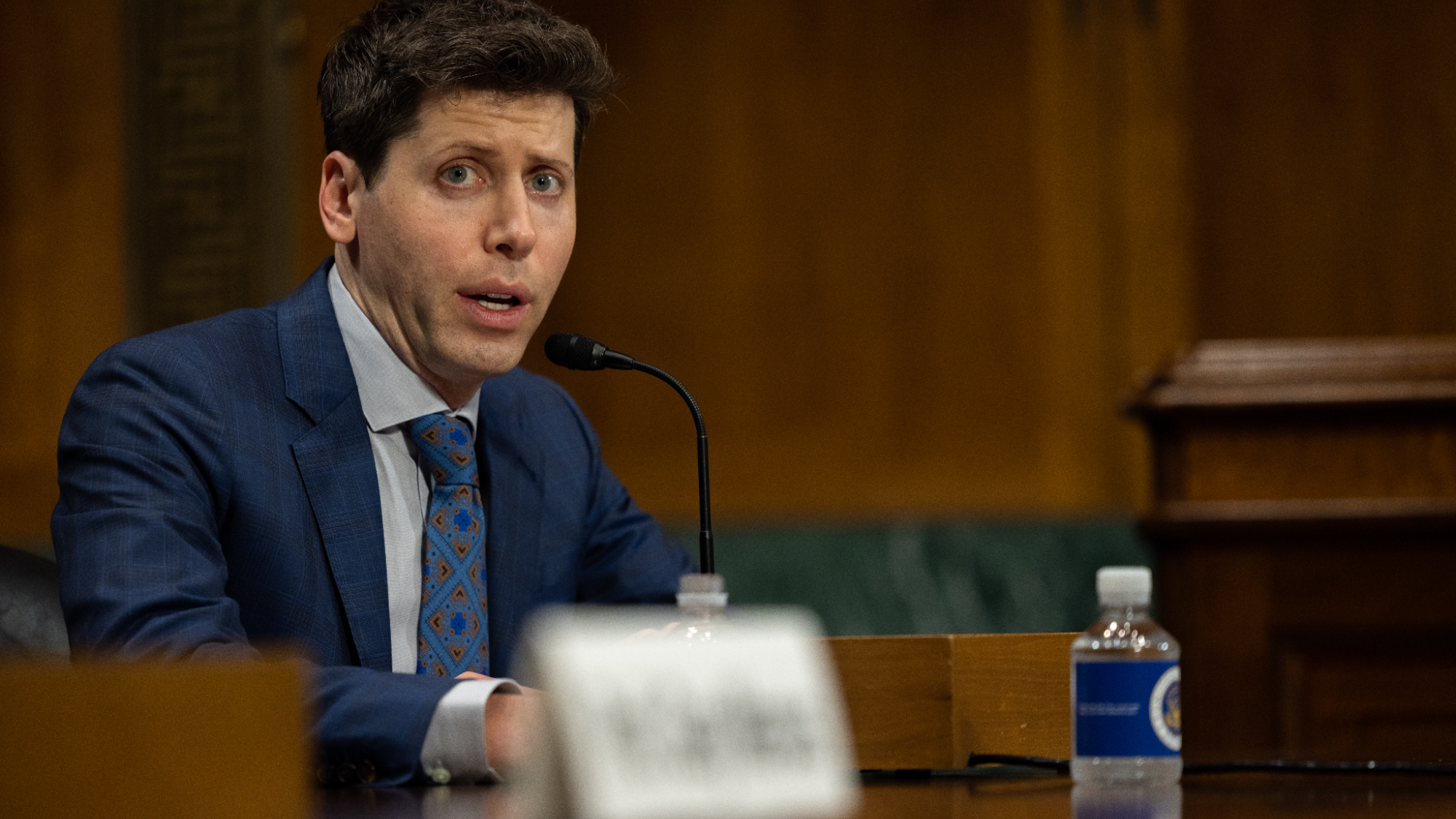YouTube might slow down your videos if you block ads
-
If you are a content creator please consider upload your content on other video platforms too.
The trouble with that is that there is barely any money outside of YouTube.
-
If you are a content creator please consider upload your content on other video platforms too.
Bro those Mf should’ve started doing that YEARS ago like…
-
The trouble with that is that there is barely any money outside of YouTube.
They can upload to multiple platforms at once and still keep their YouTube money + grow an audience on a different website??
-
They can upload to multiple platforms at once and still keep their YouTube money + grow an audience on a different website??
Yeah, some of the Linux Youtubers do that. With a channel on Peertube as well. And Science Youtubers often advertise Nebula.
-
For about the last 3 years I've been hearing about YouTube cracking down on ad blockers. Not once has it affected my. Ublock still stops ads on the browser. Revanced stops em on the phone.
I've been getting them over the last week or so on both Chrome at work (Ublock lite) and Firefox at home (UBlock Origin). It's just a popup telling me adblockers aren't allowed and then a second smaller popup saying something to the effect of "loading issues?" with a link as the video delays playing for a few seconds.
-
If I thought that way about YouTube, why not just be a sovcit about laws in general? I don't want to cherry pick philosophy. Let's go all in on technicalities and loopholes and definitions and wording. Life is a video game where X leads to Y because that's the rules. YouTube is merely answering requests, and I'm merely watching a curated selection of data. They have a TOS but I never agreed to it. For I'm not a user or customer, but a Netizen, and we have rights.
I learned the term sovcit. Interesting concept, it isn't mine though.
You sound angry because there are multiple point of views for a thing and I don't agree with your pov. I think i get the gist of your reply. But without arguments this discussion is bound to go nowhere.
You say I'm wrong by using adblocking. You didn't tell why.
- depriving content creators of their revenue. Yes. One should think about supporting them through donation platforms like Patreon. They get money from direct marketing (holy...) - I'm fine with that (no JavaScript, no tracking, I can skip ahead since I got the message the first time).
- depriving YouTube of the money they need to run their CDN. Partially. Bandwidth usage, maintenance costs. Should I mention that youtube sells/ licenses servers to ISPs... So they get paid by me, indirectly.
- TOS I didn't sign anything, there is no contract between me and YouTube. Or is there one?
Edit: this is not about me wanting you to take my view or wanting to be convinced by you. You may disagree or even despise me. That's fine.
Everyone has to decide for himself what's right and wrong and life with it. And maybe I have to rethink my decisions if there are aspects I didn't take into account or if I lied to me to justify my decisions. -
This post did not contain any content.
YouTube can die in a fire and take its fucking premium with it.
-
I mean like the downloading aspect. There are a lot of youtube downloading tools available for practically every OS desktop or mobile (well except iOS)
-
This post did not contain any content.
Youtube acting like it has anything to offer aside slop and people who think they're philosopher kings because they play video games.
-
Can't slow down videos I've downloaded to my Plex server.


No, but Plex can. I'd migrate to Jellyfin if you can as Plex started paywalling some of their services.
-
Youtube acting like it has anything to offer aside slop and people who think they're philosopher kings because they play video games.
Sounds like projection but hey, you do you, it's not as if we can learn from video games right
-
Idk how one gets content on Nebula, but I wish more creators would join. Ik nebula isn’t Fediverse like PeerTube, but I still really like it and think it’s worth the $30/year to not get ads.
Then support them monetarilly
-
This post did not contain any content.
We need to find ways to pressurize the content creators to upload to alternative platforms like Odysee, Rumble, Nebula, Peertube, Misskey etc...
-
Technically that's 100% buffering.
Technically VLC buffers 1.5 seconds by default which actually broke streaming over SSHFS (phone's filesystem mounted via KDE Connect) for me, had to increase buffer to 10 secs
-
It's a tarpit. If they simply displayed a blocked "no vids for u" message, you'd get outraged, go complain online, look for workarounds, and eventually find a bypass. If everything still works but poorly, you get annoyed, turn off your adblocker to troubleshoot, possibly blame the adblocker for being "buggy" and keep it off. Their help page solution implies they are hoping for just that. There is no "smoking gun" blocked message to go complain online about, even though it is indeed their servers that are degrading your connection on purpose in secret. Or maybe you give up and leave their ecosystem entirely, which is no big loss for them.
The proper solution is to develop an adblock that they cannot detect is blocking ads. This may require actually downloading the ad video in background, and then lying that the video has played.
I've been wondering about that, also perhaps a browser where your mouse position has seperate client and software side states? I know a lot of data can be gleaned from mouse movements so if the browser only updated its internal cursor position when you actually clicked that would potentially cut out that source of information?
-
This post did not contain any content.
"Might"? They're already doing it.
YouTube in Firefox with Ublock Origin is getting throttled down to 1500kbps. I can't watch anything above 720p on my desktop anymore (with gigabit internet).
YouTube ReVanced on mobile and SmartTube Next on the TV still thankfully work without issues.
-
No, but Plex can. I'd migrate to Jellyfin if you can as Plex started paywalling some of their services.
Never used Plex, but as a proprietary software aren't they just requesting money for functionality and usage of servers/traffic? Isn't it just normal business practice?
-
This post did not contain any content.
How desperate can you be to put yourself out of business?
-
Any recommendations?
Techlore, futurism, jeff geerling
-
This post did not contain any content.
makertube.net, youtube is mask off at this point






